*Opinion-only/Not medical or legal advice, check with local laws regarding legality.*
*Aero Crew News, LLC does not endorse or promote the use of these products.*
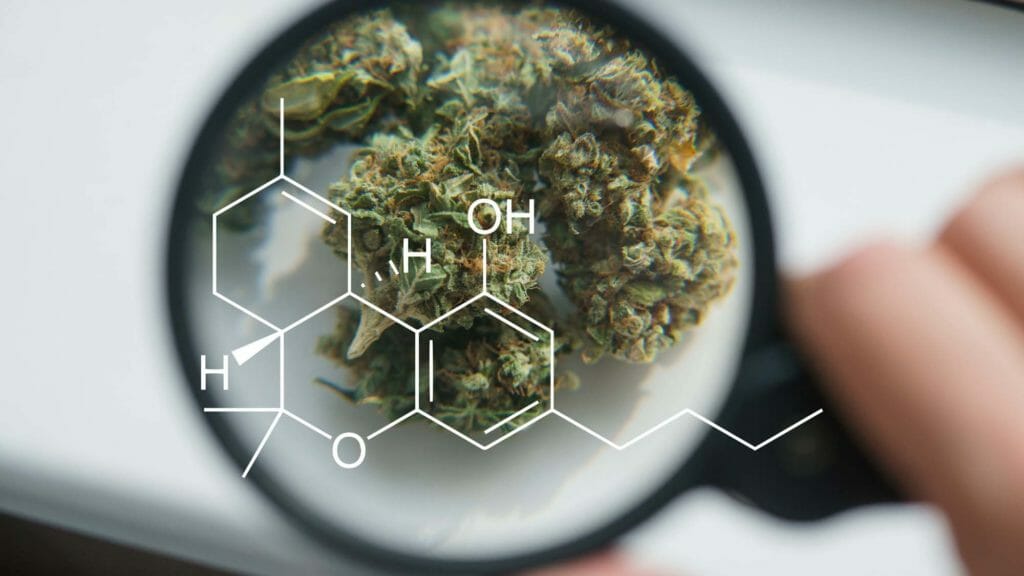
The other day I walked into my natural-foods-type grocery store, and no kidding, somebody walked up to the juice bar and ordered a smoothie with CBD oil in it. This immediately caught my attention. Is it legal to sell CBD oil in grocery store? And if so, is it real CBD oil or just a novelty gimmick? I live in California and I realize this is a state that is on the leading edge of the marijuana movement, but I didn’t think you could just sell cannabis products right in a grocery store!
That experience got me thinking. If someone, say a pilot, weren’t really educated on cannabis products but was just trying to be ‘healthy,’ then they too, might ask to have CBD oil added to their smoothie, just as they would any other dietary supplement. That made me question that even though I had consumed hemp seeds for years, which are very healthy for you, I had no idea if I could safely or legally try hemp CBD oil.
Why would a publication for pilots be concerned with CBD oil, otherwise known as cannabidiol oil? We all know pilots do not use FAA-unapproved or FDA-controlled drugs, such as marijuana or cannabis. The FDA makes discretionary allowances to dietary supplements, (which are entirely unregulated) so perhaps CBD oil is simply the latest supplement panacea fueled by anecdotal hype. Can we now buy CBD oil at our local vitamin store? Or wait, is that only in certain states? And, is there any real science to support the claims made by those who herald its value? This is how I used to feel about CBD until it showed up for sale right in my grocery store, basically parked on the shelf between vitamin C and the Omega-3 EFAs.
As your pilot-fitness advocate, I knew it was time I finally became educated on CBD and hemp products. The FAA is way behind on CBD and hemp, as is the DEA and FDA. Read on and have no fear because I am about to sort this out for you – hemp vs. marijuana and CBD products.
At this point, we all have more questions than answers about CBD oil and all its panacea claims. But, you are probably certain that it is illegal for pilots to consume and that it will cause you to test positive on a drug test. I am certainly not here to advocate that you consume CBD (cannabidiol) in any of its forms – oils, lotions, capsules, sprays, tinctures, etc. I am here to raise awareness now that it is becoming readily available and popular in mainstream health culture. Many beneficial health claims have been made about CBD, and I’m not here to support those claims either. You must do your own research. But, let me help answer some common questions about hemp-sourced CBD, which is both non-toxic and non-psychoactive.
 Hemp is a different plant than marijuana. Both hemp and marijuana are in the Cannabis-Sativa plant family. However, marijuana contains much higher levels of the psychoactive, intoxicating cannabinoid THC, (tetrahydrocannabinol) than hemp. In fact, hemp contains less than 0.3% THC, while marijuana contains between 10-30%, depending on the variety. Hemp is a crop used commercially outside the U.S. that contains beneficial cannabidiol in its stalks and seeds making it a better source of CBD oil than marijuana, though marijuana also contains cannabidiol. Ironically, it is illegal to farm or grow hemp crops in the United States, though you cannot become intoxicated from it. It is not classified as a drug and it is very sustainable and has diverse commercial uses. Marijuana however, is now legal to grow in many states, including California and Colorado and has almost no commercial use other than medicinal, and is a controlled Schedule 1 drug by the DEA.
Hemp is a different plant than marijuana. Both hemp and marijuana are in the Cannabis-Sativa plant family. However, marijuana contains much higher levels of the psychoactive, intoxicating cannabinoid THC, (tetrahydrocannabinol) than hemp. In fact, hemp contains less than 0.3% THC, while marijuana contains between 10-30%, depending on the variety. Hemp is a crop used commercially outside the U.S. that contains beneficial cannabidiol in its stalks and seeds making it a better source of CBD oil than marijuana, though marijuana also contains cannabidiol. Ironically, it is illegal to farm or grow hemp crops in the United States, though you cannot become intoxicated from it. It is not classified as a drug and it is very sustainable and has diverse commercial uses. Marijuana however, is now legal to grow in many states, including California and Colorado and has almost no commercial use other than medicinal, and is a controlled Schedule 1 drug by the DEA.
1. Hemp CBD oil is legal for sale in all states while marijuana CBD oil is not. This is the main takeaway from this article. Remember this one thing: Hemp-sourced CBD oil contains only trace/negligible amounts of THC, (the psychoactive ingredient in marijuana) is non-toxic and is legally sold uncontrolled, while marijuana-sourced CBD oil does contain THC and can only be sold like a Schedule 1 drug or is in an FDA ‘New Unapproved Drug’ status. Ironically, Hemp-sourced CBD oil has to be imported into the United States since it is not permissible to grow hemp domestically. Companies can import hemp and extract the oil here.
2. The FAA currently does not even address hemp or hemp products. Hemp, as a plant or a whole-food, is not considered a drug, however it is a controlled-substance once it enters the U.S. The FDA currently considers hemp seeds a food and seems to be presently looking the other way when it comes to hemp CBD oil. The FDA has sent out official warning letters to a few companies selling CBD oil, but they were all selling marijuana-sourced CBD oil, not hemp-sourced. Whether or not you choose to consume or use hemp products, the FAA currently has no policy on the topic. However, as is the case with any supplement, medicine or even food, common sense applies toward consuming it before flying.
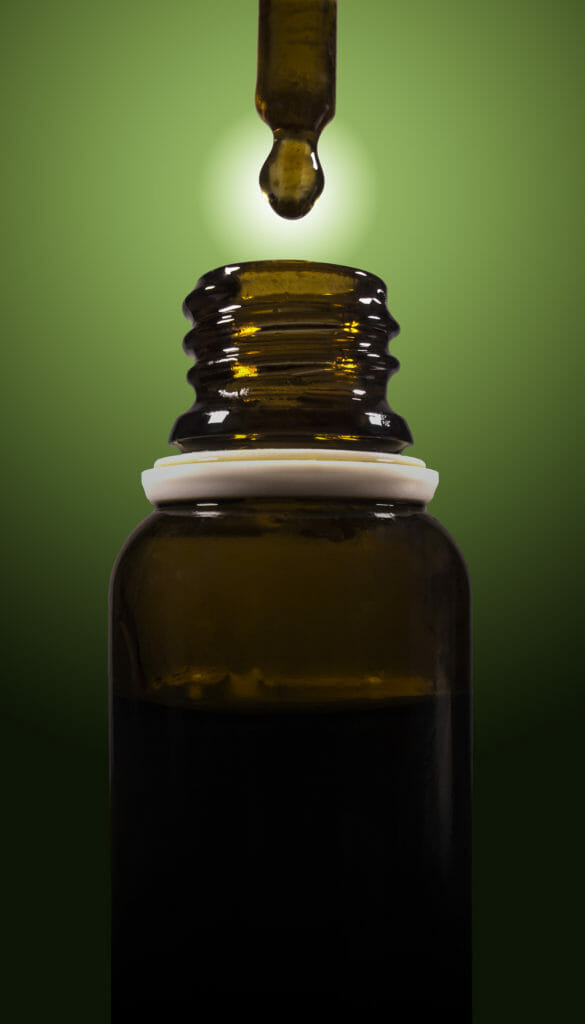
3. The FAA tests for THC not cannabidiol. While there are trace amounts of THC in some hemp products, the amount is less than 0.3% and is considered negligible. However, the chance that hemp-sourced CBD oil may cause a positive THC result on a drug test, while very remote, is considered possible.
4. It’s the Wild West out there.
The riskiest part for any consumer is that CBD products are mostly unregulated, so there are many companies jumping into this new market, without the knowledge or means to make a quality product. Some CBD oil products may have very little cannabidiol in them, while others may have higher than expected THC. The curiosity about CBD is on the rise, because marijuana is becoming legal in some states, and also because CBD oil seems to have suddenly become the buzz as the latest elixir for inflammation, pain, mood, and even for seizure and migraine prevention. As a consumer, you may want to wait until it is sold in a reputable store rather than trying to shop via the internet. There is much to be learned about CBD. Even the FDA is either looking the other way from companies who are selling hemp-sourced CBD oil, or in some cases, they are calling it a ‘new unapproved drug.’ This confusion is kind of silly when you realize that for decades, whole-food type markets have been selling hemp seeds as a natural food item, and they also contain some CBD.
5. Cannabidiol is a cannabis-plant cannabinoid – it is not THC. I just want to close by clearing that up (laugh-out-loud)! CBD used to be discarded as useless or ignored by marijuana and hemp consumers alike. CBD is non-toxic and non-psychoactive. We all have natural cannabinoid-receptors in our brains and bodies. Recently, CBD has gained mainstream and popular culture attention for helping with pain-management, inflammation, mood improvement, and seizure and migraine prevention. However, to date, there are no clinical studies and little traditional science to support these anecdotal claims.
In conclusion, it is my opinion that, for now, you should forgo adding the CBD oil elixir to your post-workout smoothie. Though the novelty might be appealing and there is nothing to prohibit you from trying it, the potential for an impact to your profession does exist, however remote, because quality control of the products is minimal or non-existent. ACN































































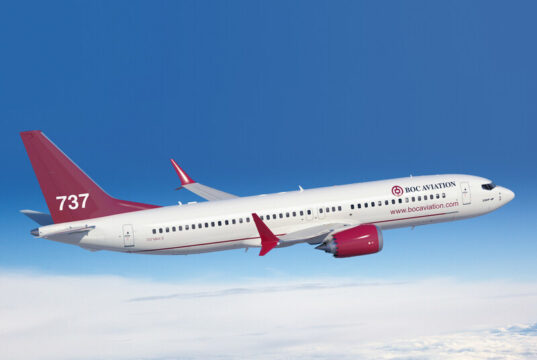
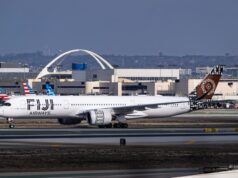

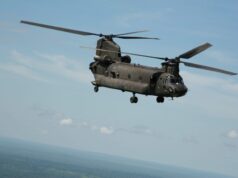
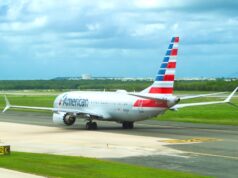
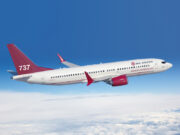
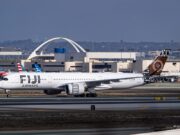

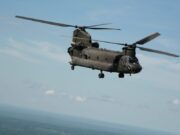
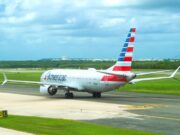




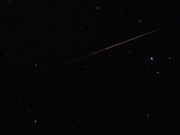





























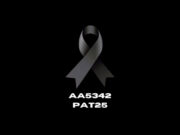














So, I’m a flight attendant and Im really wanting to try cbd…I have arthritis in my back and hip and no medications are helping….I am willing to pay for the seemingly repiutable companies, but ‘m so torn if I should take a chance being drug tested…It has been years since I have been ..What to do???
Being a retired airline mechanic and pilot CFI on sideline work, for the Airline I would check with
Your drug testing people before trying CBD, any trace of the thc can get you fired, or for myself can
Lose my pilot cents. Not worth the gamble. CBD, can have trace amounts of thc.
[…] the eyes of the federal government, and is therefore illegal in the eyes of the FAA. The FAA makes no mention of hemp or CBD in its policies for travelers, but it does point travelers to the TSA […]
With the FAA’s new statement on CBD Oil they are clearly against any trace amounts of THC and CBD oil has a chance of that. My question is Hemp Seeds. I can’t seem to find any information on THC of Hemp seeds. As you mentioned they are a health related item and I don’t know where the truth is… do you have any idea? Thanks
I manage an FAA Drug and Alcohol program for an aviation company. We have absolutely NO guidance as far as CBD goes, but I have read (including this article) that it is POSSIBLE for CBD to cause a positive drug result. Reason being, the manufacturing of CBD products isn’t regulated so you never know what you are truly getting ingredient/strength wise. Due to this, it’s possible to have a batch with an abnormally high THC level. I just wouldn’t chance it. If you have a positive result, you can cry, “It was CBD OIL!” until the cows come home and that won’t make a bit of difference to the FAA. I have done a bit of research on the web and have discovered cases of failed drug tests due to (supposedly) CBD usage. Of course, there is no way to know what really happened in these cases, but again…I wouldn’t jeopardize my job and take a chance.
Sharing this with roommates.